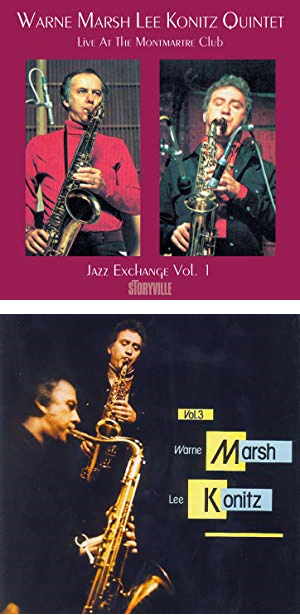John Lewis (p); Helen Merrill (vo); Hubert Laws (fl); Richard Davis (b); Connie Kay (d)
Recorded on May 17, 1976 and September 8, 1976
This wonderful album is a hidden gem, one of Merrill's best. And John Lewis Merrill is the perfect partner. I always enjoy hearing Lewis' distinctive playing, the way that he effortlessly combines disparate musical elements that shouldn't cohere but always do.
On five of the album's nine tracks, Merrill and Lewis perform duets. On the other four cuts, Laws, Davis, and Kay provide discreet support. Exquisite music.
More Helen Merrill
Merrill's Chasin' The Bird (Inner City/Trio, rec. 1979) was her third collaboration with pianist and arranger Dick Katz. Featuring baritonist Pepper Adams, it's nearly the equal of their two earlier projects for Milestone: The Feeling is Mutual (1967) and A Shade of Difference (1968).
More John Lewis
If you would like to hear more of John Lewis' work as a leader during the 1970s, I can easily recommend Sensitive Scenery (CBS/Sony Japan, 1977), a trio record with bassist Michael Moore and Connie Kay. Also, there's Afternoon in Paris (Dreyfus, 1991), a solo piano LP recorded in 1979. It was originally released as Piano, Paris 1979 on the short-lived All Life label.
































